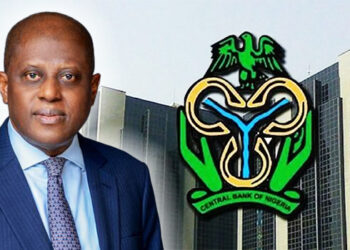
As the nation awaits with bated breadth the outcome of the Monetary Policy Committee (MPC) meeting today, indications have emerged that rising inflation, unemployment and multiple exchange rates, among others dominated the discussions at the two day meeting.
While we expect a further build up in inflationary pressures in the coming months largely due to the persistent increase in the price of fuel and exchange rate pressures as well as recent upsurge in ways and means funding of the federal government by CBN , unemployment scourge will continue to inflict on the people as Covid-19 pandemic and activities of bandits and herdsmen have made employers to downsize while farmers have stopped going to their farms.
For instance, last week and in quick succession, the statistics bureau released the unemployment and inflation rates on Monday and Tuesday respectively, with the trend showing an uptrend in both data.
The nation’s unemployment rate stood at 33.3 percent in the fourth quarter of 2020, up from 27.1 percent in the second quarter of last year. There was no data production for the third quarter of last year.
Indeed, the increase in PMS price has become inevitable, as the global price of oil increased by 57.41% to $68pb from the average of $43.2pb in 2020. This, coupled with the increase in food prices and the electricity tariff hike would push inflation above 17% in the coming months, according to some analysts.
Looking ahead, we see little respite for Nigerian consumers. While we believe that increased economic activity will marginally improve household income, cost pressures on household consumer baskets will dampen any growth.
Also, the committee will need to come to terms with the fact that the absence of a
unified flexible exchange rate will continue to be a recipe for macroeconomic and monetary instability.
“Within the government and the central bank, there is only one official rate and that’s the Nafex rate,” Ahmed said.











